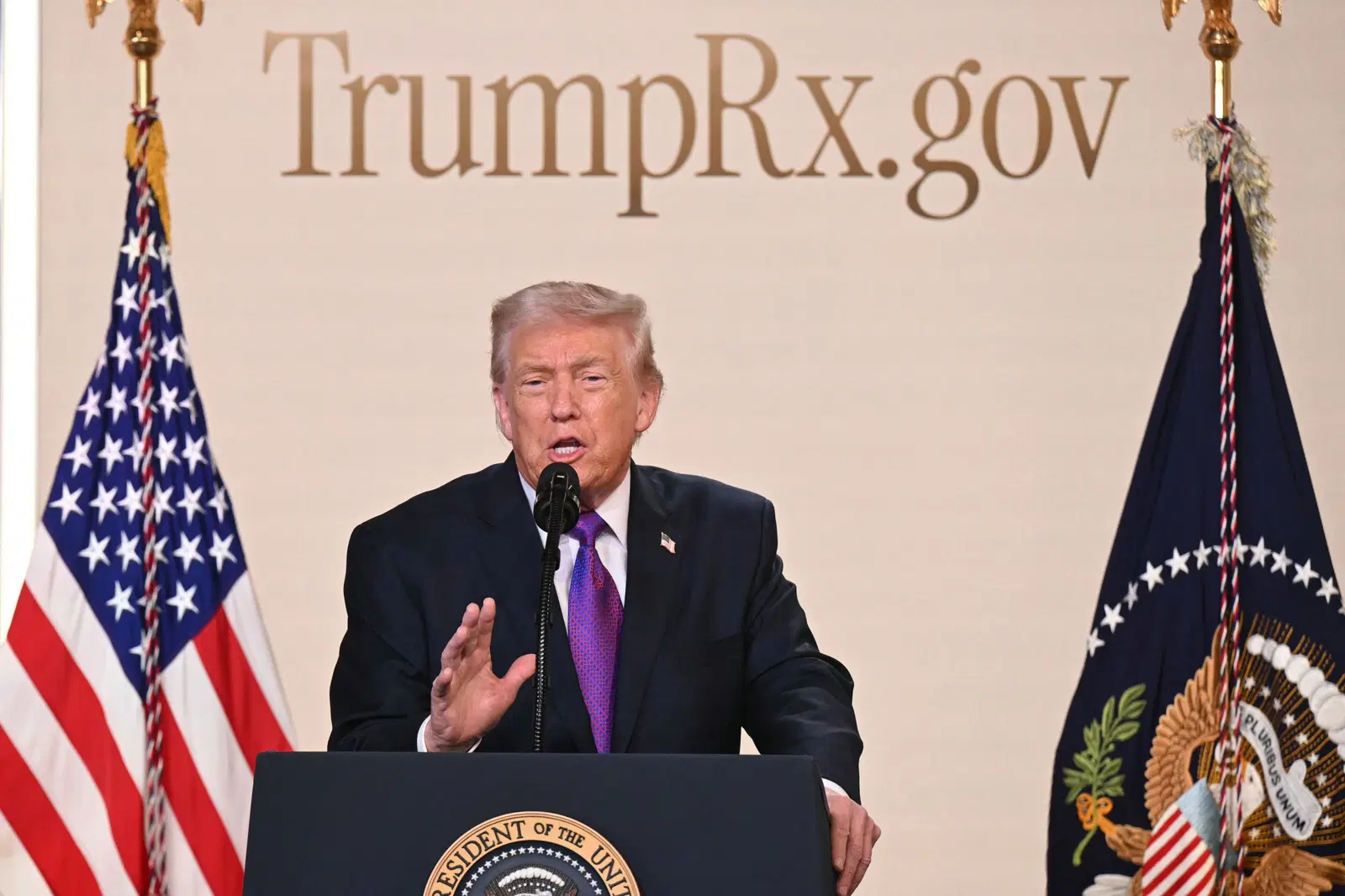An economist and CEO of Economic Associates, Ayo Teriba, has suggested that Nigeria’s inflation rate could fall to 5% by 2025 if the Federal Government successfully attracts $50 billion in foreign direct investment.
He shared this view on Arise TV’s Good Morning Show, highlighting the importance of significant FDI inflows in stabilizing the economy and curbing inflation.
He noted that such an influx of investment would bolster the naira, stabilize exchange rates, and improve key macroeconomic indicators, addressing the factors currently driving inflation in the country.
He argued that bold reforms designed to attract significant FDI would have a transformative impact on the economy.
“5% inflation is possible next year. Look at what happened in Argentina. Economists don’t prophesy but make conditional statements. If the president can complement the efforts on tax and finance reforms with an investment act to attract $50bn FDI within the next year, exchange rates will stabilize, and inflation will drop to single digits,” Teriba stated.
Teriba said that current economic policies, especially those prioritizing debt servicing, limit the government’s ability to achieve its objectives.
The economist emphasized that borrowing to settle existing debts is ineffective and fails to resolve Nigeria’s fundamental economic problems.
“The interest rates offered to Nigeria by international creditors are among the highest globally, primarily due to the country’s poor credit rating. This makes borrowing inefficient and unsustainable as a long-term strategy,” he noted.
Teriba criticized the government’s reliance on borrowing, advocating for a shift to equity-based financing instead of debt.
He noted that countries with economies similar to Nigeria’s borrow at much lower rates due to their issuance of higher-quality debt instruments.
“They said they were not going to borrow, but they have continued to borrow. There are right and wrong ways of borrowing, and efficient and inefficient methods. The foremost issue is the quality of the debt instruments you issue. Some countries of similar economic size borrow more heavily than we do but at a third of our rates,” he said.
He further asserted that Nigeria’s ongoing dependence on debt to cover fiscal deficits is not sustainable.
“We should not continue to fund deficits year in, year out with debt. A country with a well-structured balance sheet would prioritize equity over debt,” he added.











